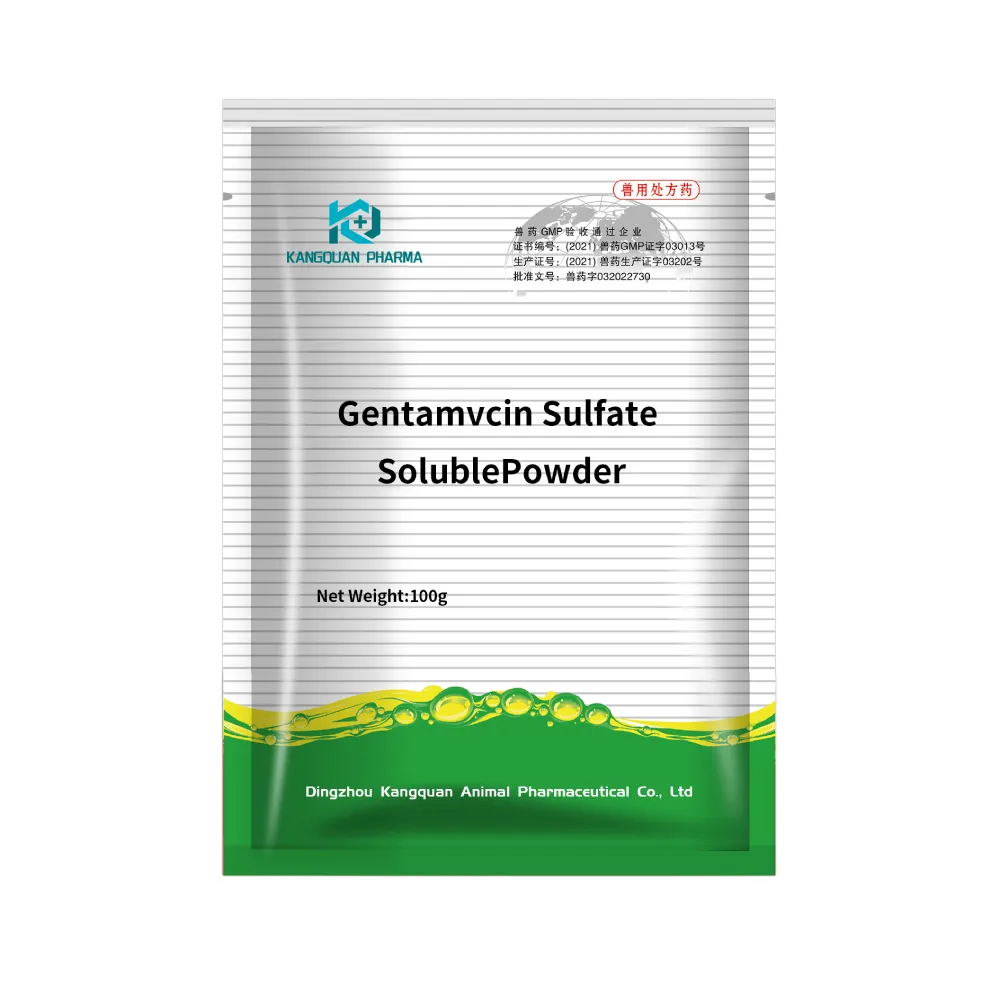- Afrikaans
- Albanian
- Amharic
- Arabic
- Armenian
- Azerbaijani
- Basque
- Belarusian
- Bengali
- Bosnian
- Bulgarian
- Catalan
- Cebuano
- Corsican
- Croatian
- Czech
- Danish
- Dutch
- English
- Esperanto
- Estonian
- Finnish
- French
- Frisian
- Galician
- Georgian
- German
- Greek
- Gujarati
- Haitian Creole
- hausa
- hawaiian
- Hebrew
- Hindi
- Miao
- Hungarian
- Icelandic
- igbo
- Indonesian
- irish
- Italian
- Japanese
- Javanese
- Kannada
- kazakh
- Khmer
- Rwandese
- Korean
- Kurdish
- Kyrgyz
- Lao
- Latin
- Latvian
- Lithuanian
- Luxembourgish
- Macedonian
- Malgashi
- Malay
- Malayalam
- Maltese
- Maori
- Marathi
- Mongolian
- Myanmar
- Nepali
- Norwegian
- Norwegian
- Occitan
- Pashto
- Persian
- Polish
- Portuguese
- Punjabi
- Romanian
- Russian
- Samoan
- Scottish Gaelic
- Serbian
- Sesotho
- Shona
- Sindhi
- Sinhala
- Slovak
- Slovenian
- Somali
- Spanish
- Sundanese
- Swahili
- Swedish
- Tagalog
- Tajik
- Tamil
- Tatar
- Telugu
- Thai
- Turkish
- Turkmen
- Ukrainian
- Urdu
- Uighur
- Uzbek
- Vietnamese
- Welsh
- Bantu
- Yiddish
- Yoruba
- Zulu
नोभ . 24, 2024 23:54 Back to list
Efficacy and Safety of Ivermectin Injectable Formulation for Cattle Health Management
Ivermectin Injection for Cows An Overview
Ivermectin, a broad-spectrum antiparasitic agent, has gained considerable attention in veterinary medicine, particularly in the treatment and prevention of various parasitic infections in livestock, including cows. First introduced in the late 1970s, Ivermectin has revolutionized the way farmers manage parasitism in cattle, contributing significantly to animal health and productivity.
Mechanism of Action
Ivermectin works by affecting the nervous system and muscle function of parasites. It binds selectively to glutamate-gated chloride channels and, to a lesser extent, GABA (gamma-aminobutyric acid)-gated channels, resulting in paralysis and death of the parasites. This mechanism not only targets a variety of internal and external parasites but also offers a safe profile for the bovine host when used as directed.
Indications for Use
Ivermectin injection is primarily indicated for the treatment and control of several types of infestations, including
1. Internal Parasites This includes a range of gastrointestinal roundworms and lungworms that can significantly affect the health and productivity of cows. As these parasites compete for nutrients, their presence can lead to weight loss, decreased milk production, and overall poor health.
2. External Parasites Ivermectin is highly effective against ectoparasites, such as lice, mites, and certain types of ticks. These parasites can cause skin irritations, blood loss, and even transmit diseases, impacting the well-being of the herd.
3. Other Conditions Ivermectin has also been used in treating conditions such as cutaneous larvae migrans and certain forms of mange that may affect cattle.
ivermectin injection for cows

Dosage and Administration
The appropriate dosage of Ivermectin can vary based on factors such as the specific condition being treated, the weight of the cow, and the formulation used. Typically, the recommended dosage is approximately 200 micrograms per kilogram of body weight for intramuscular or subcutaneous injection. It is crucial for veterinarians and livestock producers to follow the manufacturer's recommendations and established protocols for administration to ensure efficacy and minimize potential side effects.
Safety and Efficacy
Ivermectin is generally considered safe for use in cattle, with a low incidence of adverse reactions. However, as with any medication, careful attention must be paid to appropriate dosing and withdrawal times, especially in dairy cows. Milk consumption and meat withdrawal periods vary depending on regional regulations and the formulation of the product used. Farmers should always consult veterinary guidelines and comply with local food safety standards when using Ivermectin.
Resistance Concerns
Despite its effectiveness, the overuse and misuse of antiparasitic agents like Ivermectin have led to the emergence of drug-resistant parasite populations. This resistance can significantly diminish the efficacy of treatments, leading to increased economic losses for cattle producers. To counteract this issue, it is essential to implement integrated parasite management strategies. These may include rotating antiparasitic classes, maintaining proper husbandry practices, and conducting regular fecal examinations to monitor parasite burdens.
Conclusion
Ivermectin injection remains a vital tool in the management of parasitism in cows, playing a crucial role in promoting animal health and farm productivity. Understanding its mechanisms, appropriate administration, and the importance of addressing resistance can enable livestock producers to utilize this drug effectively. By adopting responsible medication practices, farmers can ensure the continued efficacy of Ivermectin and protect their herds from the detrimental impacts of parasitic infections. As ongoing research continues to explore the possibilities and limitations of antiparasitic treatments, Ivermectin stands out as a cornerstone in the quest for healthier and more productive cattle.
-
Guide to Oxytetracycline Injection
NewsMar.27,2025
-
Guide to Colistin Sulphate
NewsMar.27,2025
-
Gentamicin Sulfate: Uses, Price, And Key Information
NewsMar.27,2025
-
Enrofloxacin Injection: Uses, Price, And Supplier Information
NewsMar.27,2025
-
Dexamethasone Sodium Phosphate Injection: Uses, Price, And Key Information
NewsMar.27,2025
-
Albendazole Tablet: Uses, Dosage, Cost, And Key Information
NewsMar.27,2025













